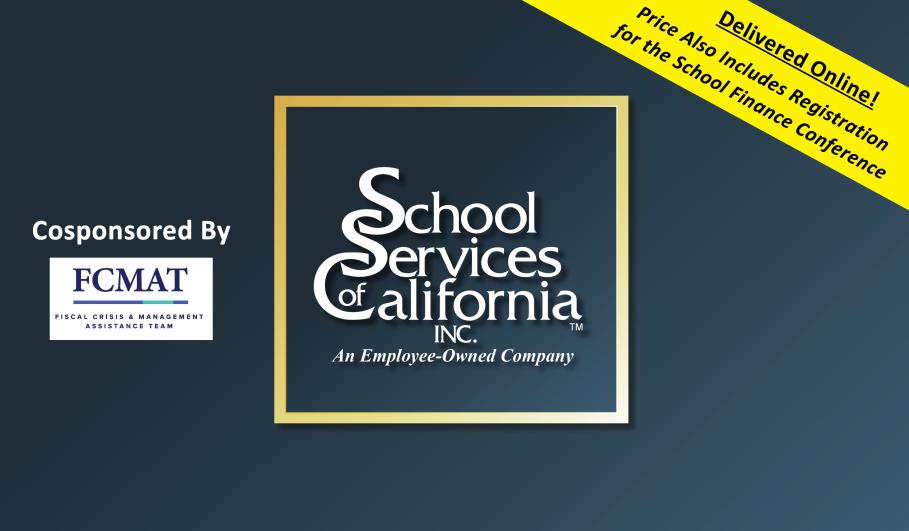
May 21, 2026
Governor Gavin Newsom issued his final proposed State Budget on January 9, 2026, that uses more than $42 billion in unanticipated revenue to cement landmark polices, as well as his legacy, as he prepares to vacate office as California’s head of state. It is hard to imagine that despite such healthy receipts, the state still faces a $2.9 billion budget shortfall in 2026-27, before ballooning to . . .